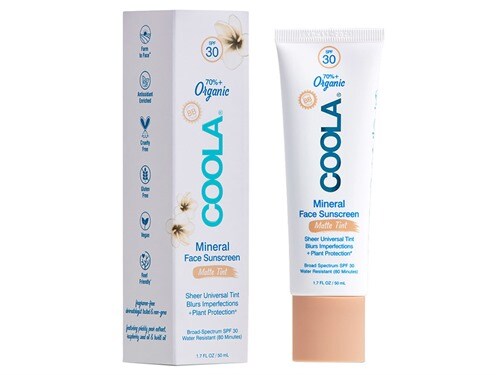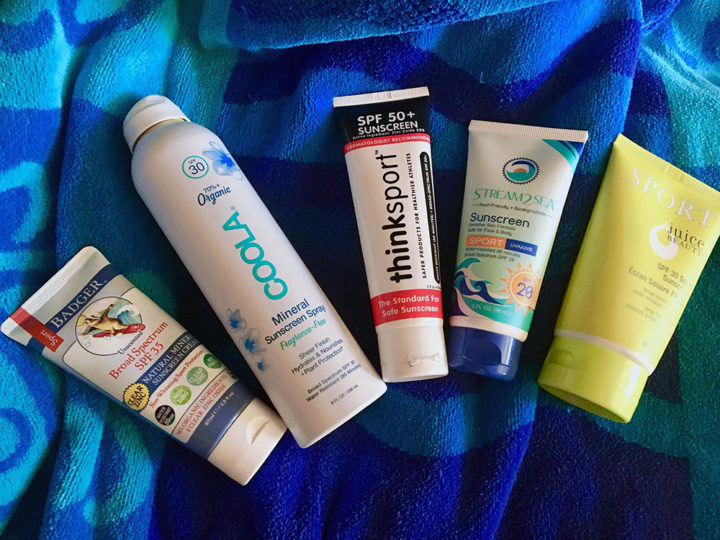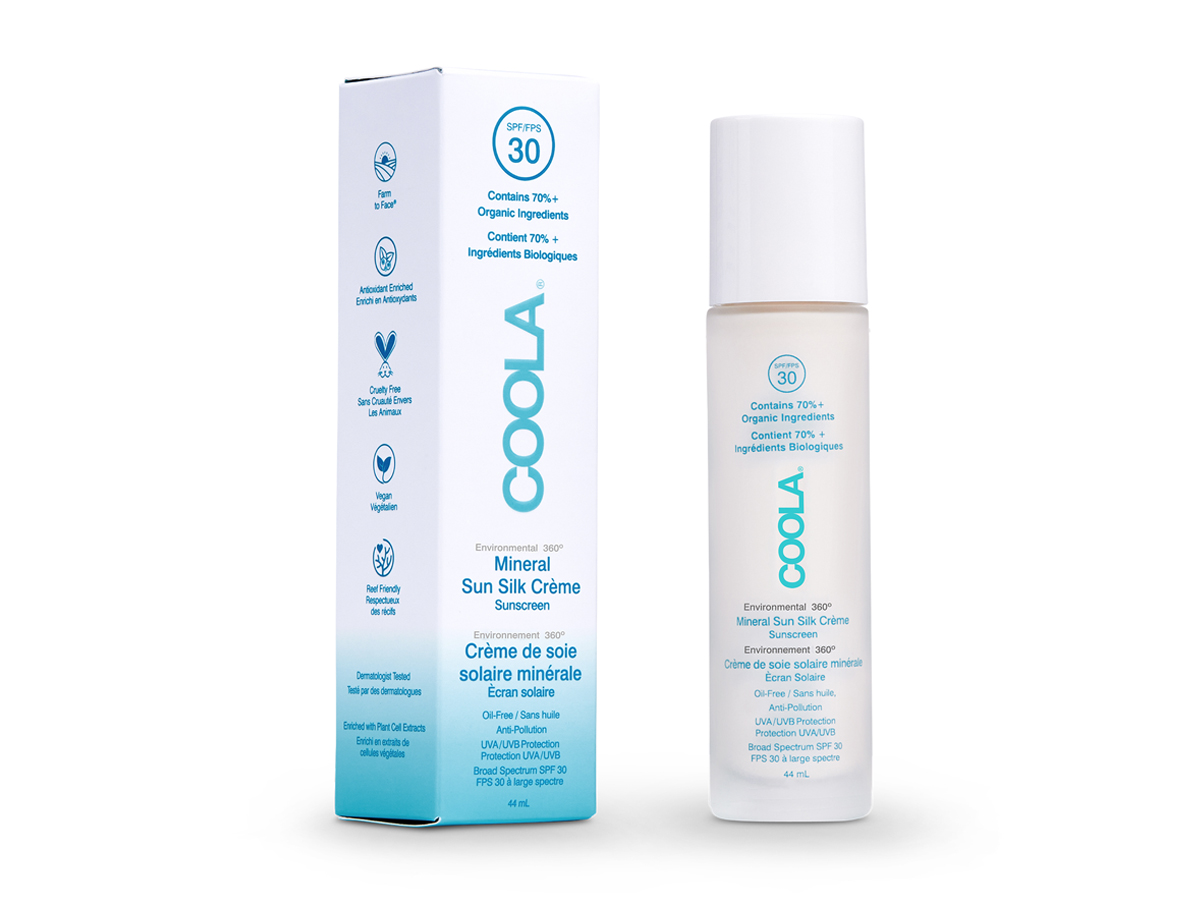

Plus, we have tips and tricks for buying reef-safe sunscreen to give you the best possible protection from the sun without environmental consequences. Whether you’re surfing, snorkeling, or swimming in the ocean waves, our wide-ranging list has something to suit your needs. We tested them in our New York City lab, in everyday settings, and during sun-soaked getaways. There are a variety of reef-friendly sunscreens out there, so we thoroughly researched options that exclude chemicals like oxybenzone and octinoxate and found 24 tubes from trusted skincare brands. When you aren’t headed to the beach, using reef-safe sunscreen lessens the chance that you're sending damaging chemicals to water sources through your sink and shower drains. These products don't contribute to coral bleaching, and they're just as protective and nourishing as regular sunscreen, too. As more and more tropical destinations ban harmful chemicals often found in traditional sunscreen, one of the best ways to help preserve aquatic wildlife is to wear reef-safe sunscreen.

ewg.org/sunscreen/report/nanoparticles-in-sunscreen/ ewg.org/sunscreen/report/executive-summary/

Healthline has strict sourcing guidelines and relies on peer-reviewed studies, academic research institutions, and medical associations. If yours doesn’t have one, it likely contains ingredients that don’t expire.ĭon’t use sunscreens that have expired. The Food and Drug Administration (FDA) requires sunscreens that have ingredients that expire to have an expiration date. The last consideration is that sunscreens can expire. If you see these symbols on your sunscreen, it’s likely been reviewed by a panel of medical experts to ensure the sunscreen works well.
COOLA SUNSCREEN REEF SAFE SKIN
These include the Skin Cancer Foundation, National Eczema Association, and the Environmental Working Group. Certifications: There are several organizations that will certify or place a seal of approval on sunscreens.You’ll likely see many zinc sunscreens labeled “reef safe” as a result. Currently, there isn’t any research that indicates zinc oxide is harmful to the coral reefs. As a result, many beach areas, including Hawaii’s beaches, outlawed sunscreens containing this ingredient. Environmentally friendly: A 2016 study published in the journal the Archives of Environmental Contamination and Toxicology found the mineral sunscreen ingredient oxybenzone was damaging to coral reefs.If you have certain skin sensitivities, be sure to read product labels carefully. Allergens: Many skincare manufacturers will add various oils or fragrances to their products to enhance their skin benefits.Some of the pricier sunscreens may contain additional ingredients to nourish skin, but they don’t necessarily protect against sunburn any more effectively. Price: You can get a high-quality zinc sunscreen at a lower price point (like $7 to $10).Here are some additional considerations the next time you shop for zinc sunscreens:

They may combine with titanium dioxide, which is another physical sunscreen. Most mineral sunscreens will contain zinc oxide. Most zinc oxide sunscreens will have the word “mineral” in the sunscreen’s title to help you find the sunscreen more easily.


 0 kommentar(er)
0 kommentar(er)
